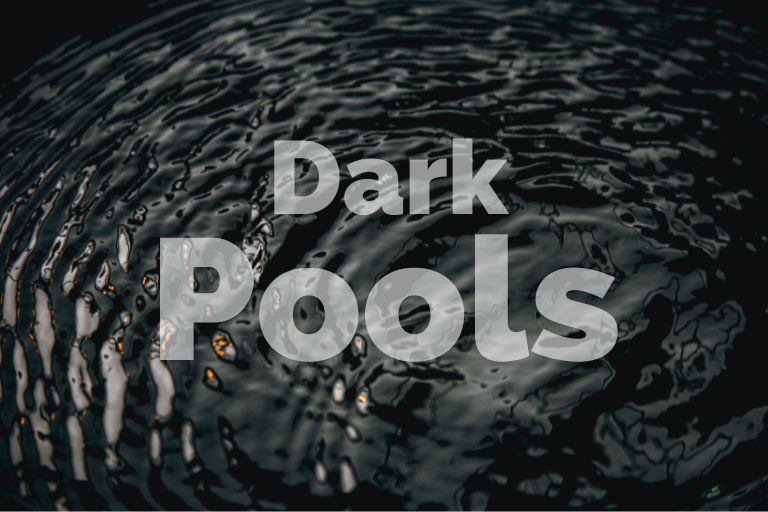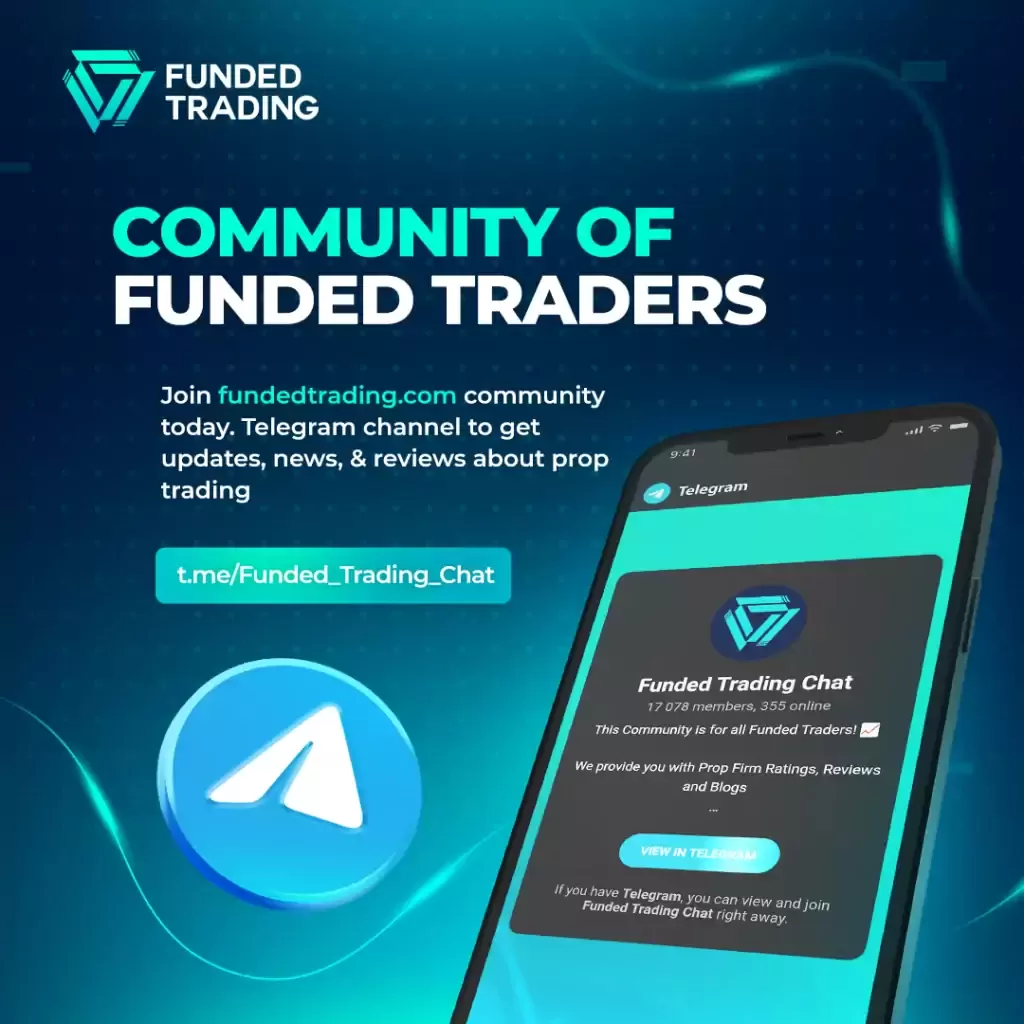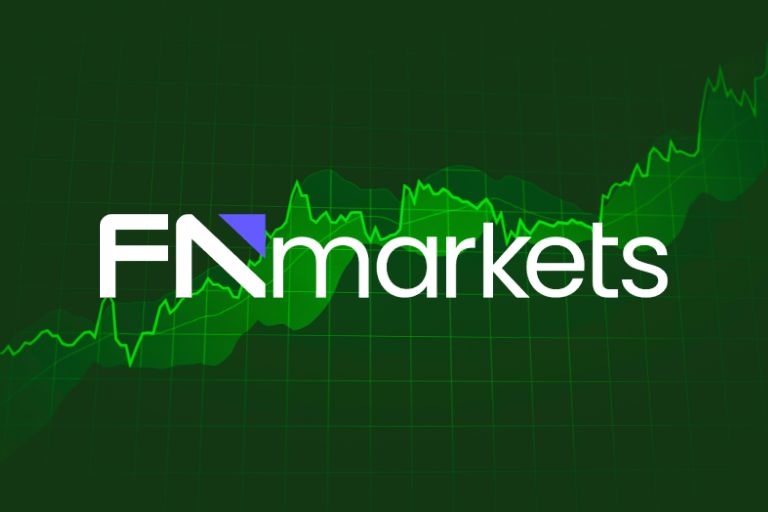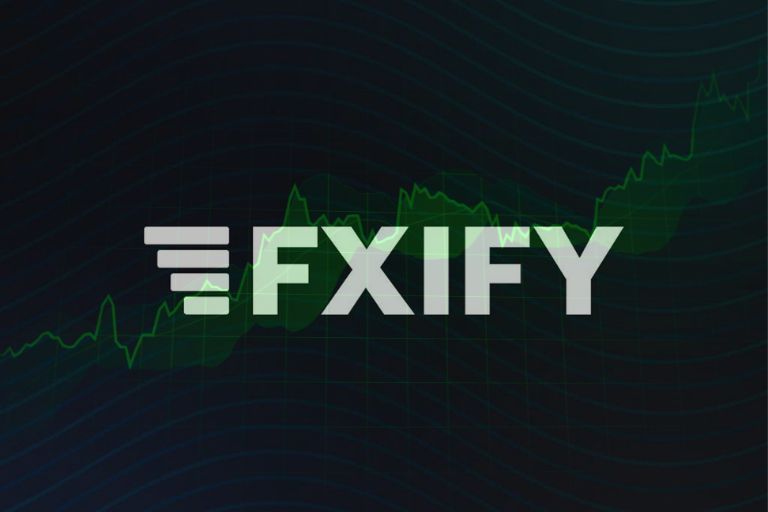Why Dark Pools Matter in Today’s Stock Market
The way stocks are traded in the United States is changing fast. In the last quarter of 2024, public stock exchanges like Nasdaq and the New York Stock Exchange handled less than half of all stock trades for the first time ever. Now, private trading venues called dark pools are doing more business than ever before.
Some of the biggest trades are happening out of sight, in places most regular investors can’t see. This has started a new debate on Wall Street: Is this change good for the market, or does it make things less fair?
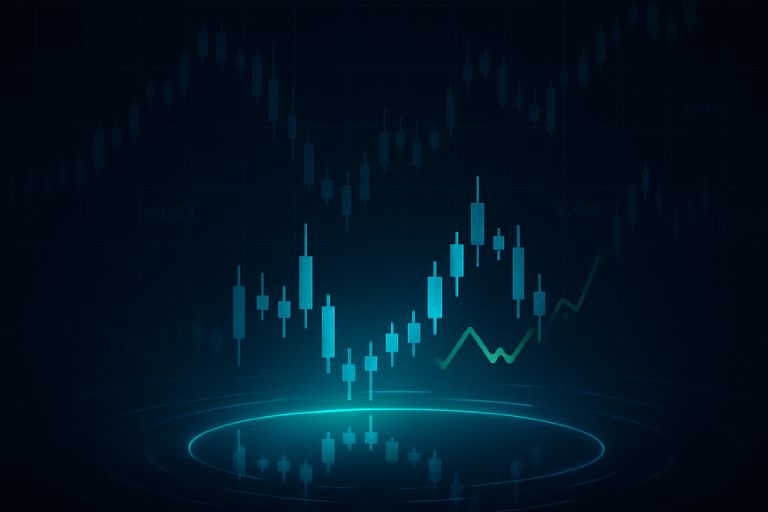
What Are Dark Pools?
Simple Definition
A dark pool is a private computer network that lets big investors—like banks and hedge funds—buy or sell large amounts of stock without showing those trades to the public right away. These trades are “in the dark” because they’re hidden until after they’re finished.
Why Do Investors Use Dark Pools?
- To hide big trades: If an investor wants to buy a lot of shares, doing it secretly means the price won’t suddenly go up.
- To keep trading strategies private: Other traders can’t copy or react to big moves if they can’t see them.
- To try for better prices: Sometimes, dark pools give better deals for large trades because there are fewer “middlemen.”
Dark Pools vs. Stock Exchanges
| Feature | Dark Pool | Stock Exchange |
| Who can trade? | Big banks, hedge funds, and institutions | Anyone (public, big or small) |
| Are trades public? | No, trades are private | Yes, trades are public |
| Price shown before? | No, price is hidden until after the trade | Yes, prices are always visible |
| Who regulates? | FINRA (lighter rules) | SEC (strict rules) |
Why Are Dark Pools Getting More Popular?
Dark pools are exploding in popularity because they let big traders move huge amounts of money without tipping off the market.
Growth Stats and Recent Trends
- In late 2024, stock exchanges (like Nasdaq) dropped below 50% of all U.S. trades for the first time.
- Dark pools and off-exchange “market makers” (Citadel Securities, Virtu) took over the rest.
- IntelligentCross, a leading dark pool, handled nearly 3% of the country’s trades in February 2025.
- Wells Fargo sent 75% of its S&P 500 stock orders to IntelligentCross in March, while Nasdaq got less than 1%.
What’s Driving the Shift?
Big investors want less noise and better prices.
- Avoid price spikes: Buying or selling in secret means no sudden price jumps.
- Beat high-frequency traders: Dark pools can block predatory trading algorithms.
- Custom trading: Private “rooms” let clients (like Wells Fargo, Jefferies, Raymond James) set their own rules.
Pro Tip:
Private rooms aren’t open to everyone. Some worry this creates unfair advantages—if you’re not invited, you can’t access that liquidity.
How Do Dark Pools Work?
A dark pool matches buyers and sellers secretly, with trades often happening at the average price between the public “bid” and “ask.”
Step-by-Step — How a Dark Pool Trade Happens
- A big investor sends a buy or sell order to the dark pool.
- The dark pool finds a matching order from another member (usually another institution).
- The trade happens at the midpoint price, not the full public price.
- Only pool members see the deal details; the rest of the market finds out after the trade is done.
Special Features and Technology
- Private Rooms: Custom mini-markets where only chosen traders can join.
- Matching Engines: Tools like ASPEN (at IntelligentCross) add “speed bumps” to slow down super-fast traders and make the process fairer.
- Order Flexibility: Traders can cancel orders during the delay, which some critics claim is unfair.
| Feature | Dark Pool | Exchange |
| Public Quotes? | No | Yes |
| Custom Access? | Yes (“private rooms”) | No, open to all |
| Trade Delay? | Sometimes (“speed bumps”) | Usually instant |
| Who Sees Orders? | Only members | Everyone |
| Example Platform | IntelligentCross, OneChronos | Nasdaq, NYSE |
Why Is Wall Street Worried About Dark Pools?
Wall Street fears dark pools will take over price-setting and give insiders unfair trading advantages.
The SEC Showdown
- IntelligentCross, a major dark pool, wants the SEC to let it set national stock prices, like a real exchange.
- If approved, brokers would have to route trades to IntelligentCross whenever it offers the best price.
- Stock exchanges (Nasdaq, NYSE) and big market makers (Citadel Securities, Virtu) are fighting back, saying it could tip the scales for certain traders.
Fairness Concerns
- Dark pools aren’t forced to let everyone in—private rooms can exclude competitors or small investors.
- Critics argue this “clubhouse” style locks out most of the market.
- Others point out that trades can be canceled mid-process, which lets some traders dodge losses after seeing price moves elsewhere.
Example:
Citadel says the ASPEN engine’s trade delays give an edge to traders who can cancel orders quickly if prices change, while regular traders get stuck.
Are Dark Pools Good or Bad for Markets?
Dark pools are great for secrecy and price protection, but they also hide big moves from the public and can favor insiders.
The Upsides
- Less price impact: Big trades don’t spike prices, so pension funds or mutual funds don’t get ripped off by day traders.
- Custom rules: Large players can set their own trading environments.
- Faster innovation: Dark pools can roll out new features without waiting for government sign-off.
The Downsides
- Less transparency: Regular investors can’t see where the real action is.
- Possible unfairness: Private rooms and trade-cancel features may favor big fish and exclude the minnows.
- Regulation gap: Pools follow looser rules than exchanges. The SEC takes years to decide on big changes.
Quick Stat:
Dark pools’ share of all U.S. stock trading has hovered around 15% for the last five years, but their influence is growing every year (source: Barron’s, 2025).
Do Dark Pools Matter for Remote Prop Firms and Funded Trading?
For most remote prop firms, dark pools have almost zero direct impact, because your trades are usually on demo accounts, not sent to the real market.
How Remote Prop Firms Actually Work
- Demo Account Model: You trade a fake account; the prop firm tracks your stats.
- Payouts from Profits: If you “win,” they pay you from their own funds, not by copying every trade live.
- Sometimes Copy Trading: A few firms do copy your trades to real money, but most don’t, especially at small size.
Where Dark Pools Fit In
- No Order Flow to Dark Pools: Your demo trades don’t touch any exchange or dark pool. They’re just numbers on a server.
- No Price Impact: You can’t move the market or hide your trades, because they aren’t real. Dark pools help big real-money players avoid slippage—irrelevant for demo accounts.
- If They Copy Trade: If a prop firm does copy your trades to real markets at large size, those orders might hit a dark pool for better execution. But at retail sizes? Unlikely.
Example:
If you’re “trading” a $100,000 demo on FTMO, none of your orders hit the real stock or futures market, so dark pools, market impact, or hidden liquidity simply don’t matter.
What Should Funded Traders Care About?
- If you join a rare prop firm that copy-trades real size, only then could dark pools matter—but you’d need serious size (think millions, not thousands).
- Don’t get distracted by dark pool news if your trades never leave MetaTrader, cTrader, or demo futures platforms.
Bottom Line:
If you’re using a remote prop firm, 99% of the time, dark pools do nothing for (or against) you. Focus on trading rules, risk, and payout terms—not secret market venues.
Frequently Asked Questions About Dark Pools
Are dark pools legal?
Yes, dark pools are legal in the U.S. and run under FINRA and SEC rules, but they follow lighter regulations than stock exchanges.
Can retail traders use dark pools?
Most regular investors can’t trade directly in dark pools; access is mostly for big banks, funds, and some large professional firms.
Do dark pools manipulate the market?
Dark pools aren’t designed to manipulate prices, but critics say the secrecy can let big players trade on info regular traders never see.
How do dark pools make money?
They charge fees per trade or for premium features, just like exchanges, but often with lower public scrutiny.
Are dark pools good or bad for prop firms?
For big prop firms, dark pools can be a goldmine for secretive trading. For smaller, non-invited traders, it’s just another black box that hides the real action.
